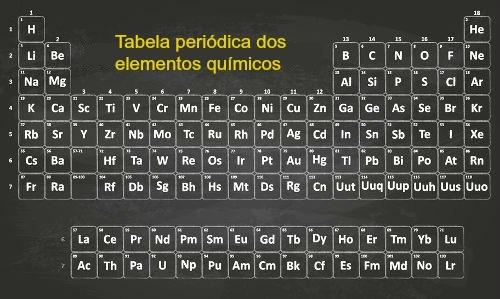Rosane Kaingang was an activist who acted in the indigenous movement and fought for the rights of indigenous peoples, defending the land demarcation of these people and her right to quality education and health care and denouncing violations to her dright Humanyou at the Brazil.
She belonged to the Kaingang people, having Kokoj as an indigenous name. Throughout her career, she participated in different bodies, including the Fundação Nacional do Índio (National Indian Foundation) (Funai). She died in 2016 from cancer.
Read too: Greta Thunberg — young activist fighting for climate change awareness
Summary about Rosane Kaingang
Rosane Kaingang was an important activist who fought for the rights of indigenous peoples in Brazil.
She was originally from the Kaingang people, very present in the South region from Brazil.
She began her activism in 1992, when she participated in ECO-92, an environmental event organized by the UN.
She championed the involvement of indigenous women with the indigenous movement and helped to found the National Council of Indigenous Women.
She died in 2016, at the age of 54, due to a cancer.
Who was Rosane Kaingang?
Rosane Mattos Kaingang was a indigenous activist who gained notoriety in the struggle foryou indigenous rights in Brazil. For more than two decades, she has been on the frontlines for the defense of indigenous peoples and has liaised with different organizations involved in this cause.
In addition to fighting for the indigenous people in defense of the rights they have conquered, such as the demarcation of lands, she also fought the violations that these peoples suffer. Thus, her presence was important in the defense of indigenous women, as Rosane Kaingang contributed to strengthening the female presence in movements that defend their rights.
Rosane's political militancy began in ECO-92, an environmental conference that was organized by the UN, in Rio de Janeiro, in 1992. With her engagement in the indigenous movement, Rosane was invited to participate in the First National Meeting of Indigenous Women. In that event, she participated in the foundation of Conami, the National Council of Indigenous Women.
Rosane Kaingang was also directly involved in the founding of another body that fights for the rights of indigenous peoples: the Articulation of Indigenous Peoples of Brazil (Apib). She also worked at Arpinsul, the Articulation of Indigenous Peoples in the Southern Region, joining this body in 2008 and joining Apib the following year.
In addition, Rosane was part of the National Indian Foundation, Funai, the body responsible for the defense of indigenous peoples in Brazil. She joined the institution in 2001 and arrived at catch up a leadership position, being the first woman to hold such a position. She assumed the leadership of the general coordination for the promotion of ethnodevelopment, remaining in this role from 2005 to 2007.
The activist, therefore, encouraged indigenous women to engage in the indigenous movement, she fought for the demarcation of indigenous lands (a right guaranteed by the federal Constitution), demanded the right of indigenous peoples to access quality education and health care services and fought for justice against the violence that indigenous peoples suffer in Brazil.
Regarding indigenous peoples, Rosane Kaingang stated that|1|:
Each people has its way of looking at it, its cosmovision, its way of seeing and living, its way of using the land, its form of painting, traditional culture, so we are different, we are different people from each other. But what unites us is the struggle for land, for territory […].
In an interview given in 2015, she declared that indigenous rights in Brazil were going through a major setback, because indigenous peoples, instead of enjoy the rights guaranteed in the Constitution, they had to fight not to lose them, since a whole political agenda aimed to impede such rights.
Check out our podcast: We need to talk about indigenous peoples
Origins of Rosane Kaingang
Rosane Kaingang born in Rio Grande do Sul and was a woman who belonged to the Kaingang people. This Kaingang people inhabit territories that spread across the west of São Paulo and across the states of the Southern Region, Paraná, Santa Catarina and Rio Grande do Sul. A 2000 survey indicated that there were about 22,000 Kaingang in Brazil.|2|.
the activist had an indigenous name: Kokoj, which is translated as “hummingbird”. She was named after her great-grandmother, a woman who lived to be 120 years old.
Death and tribute to Rosane Kaingang
Rosane Kiangang died on October 16, 2016, victim of cancer. Her death happened in Brasília, after she had fought the disease for three years. Her death was mourned by those who understood the importance of her work.
Recently, on June 3, 2022, Rosane was honored with a doodle nthe logobrand of Google — a fun way for the company to celebrate dates and honor people. This reinforces the importance she had for the indigenous movement and for the country.
Grades
|1| Constitution and resistance of the indigenous movement against the authoritarian practices of the Brazilian State — interview with Rosane Kaingang, conducted by Erika Macedo Moreira. To access, click here.
|2| VEIGA, Juracilda. Kaingang cosmology and ritual practices. To access, click here.
By Daniel Neves Silva
History teacher
Source: Brazil School - https://brasilescola.uol.com.br/biografia/rosane-kaingang.htm



